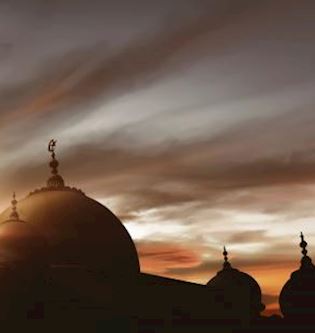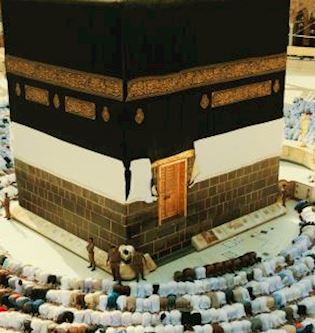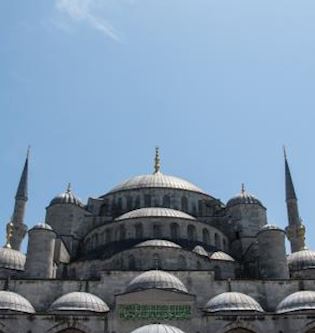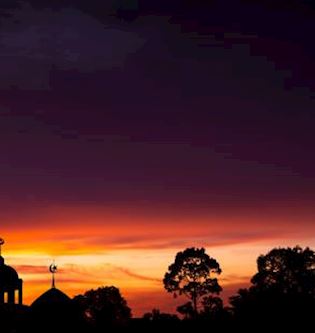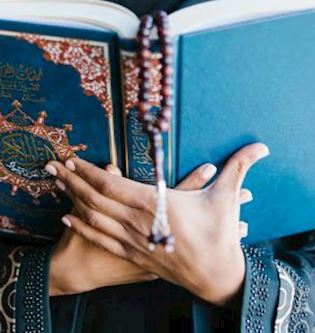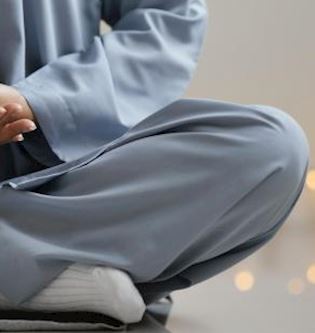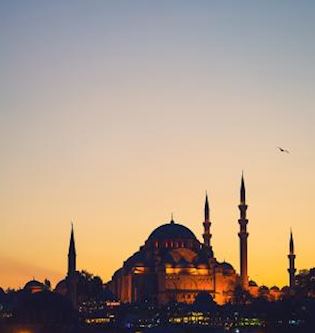What Is Hajj? A Beginner’s Guide to the Sacred Journey
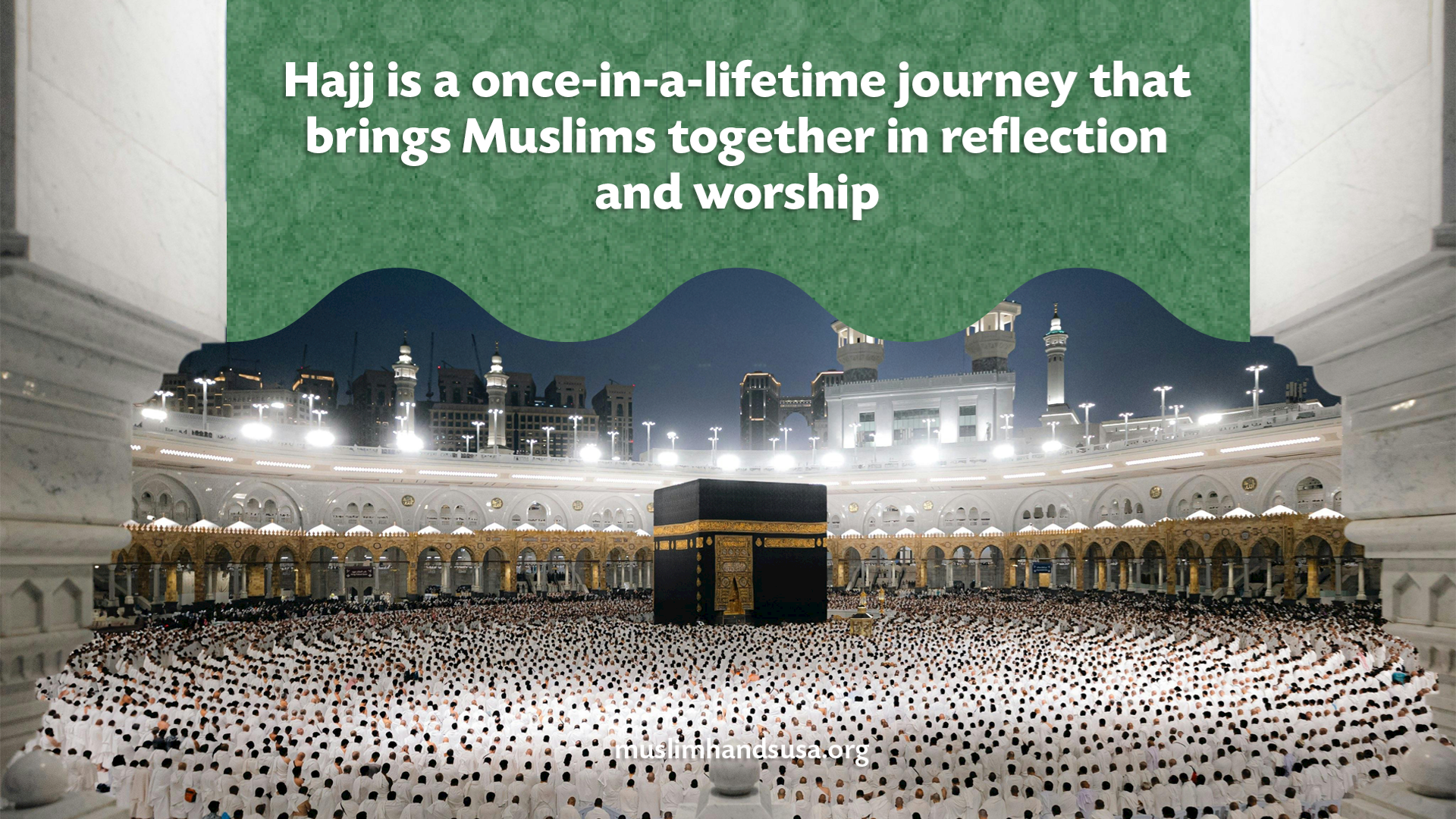
Hajj is the fifth pillar of Islam, its a sacred pilgrimage to Makkah that every Muslim who is physically and financially able must complete at least once in their lifetime. It is an act of devotion, unity, and deep spiritual renewal.
The Journey of a Lifetime
For over a thousand years, Muslims from every corner of the world have traveled to Makkah for a sacred purpose. Hajj is not just a physical journey, but a spiritual milestone. It brings together millions of believers in submission, equality, and remembrance of Allah.
Whether you're a new Muslim, a lifelong learner, or simply curious, this guide will walk you through what Hajj is, its significance in Islam, and why it remains one of the most powerful acts of worship.
What Is Hajj in Islam?
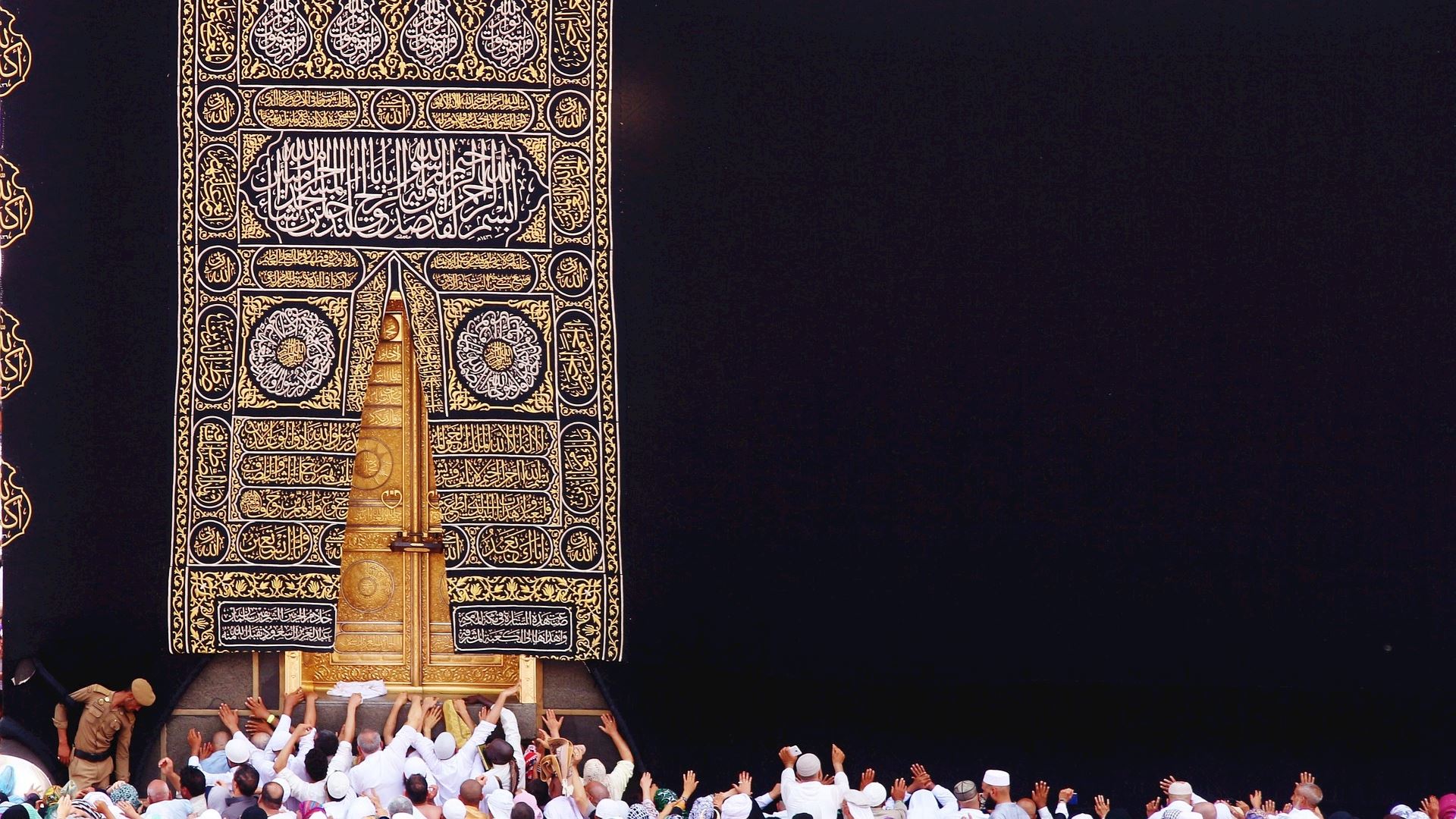
Hajj is the annual pilgrimage to Makkah that occurs during the Islamic month of Dhul Hijjah. It is one of the five pillars of Islam, meaning it is an essential practice for all Muslims who meet the conditions of performing it.
The rites of Hajj commemorate the actions of Prophet Ibrahim (AS), Hajar (RA), and their son Ismail (AS) serving as a living connection to prophetic history, sacrifice, and submission.
Hajj symbolizes:
- Obedience to Allah’s command
- Humility, equality, and brotherhood
- A fresh start and spiritual rebirth
Why Do Muslims Go to Hajj?
Muslims go to Hajj to fulfill a command from Allah (SWT), as stated in the Qur’an:
‘Performance of Hajj (pilgrimage to the House of Ka'bah) is a duty that mankind owes to Allah, those who can afford the expenses; and whoever denies (the Hajj), then surely Allah is not in need of the worlds.’
(Surah Al-Imran 3:97)
But beyond obligation, it is an opportunity for:
- Deep spiritual cleansing and forgiveness
- Reconnecting with Allah in the most sacred place on Earth
- Experiencing the unity of the global Ummah
Millions leave their homes, wear simple white garments (Ihram), and walk the same footsteps as prophets, all the while, erasing worldly differences in race, status, or wealth.
The 5 Days of Hajj: What Happens and When
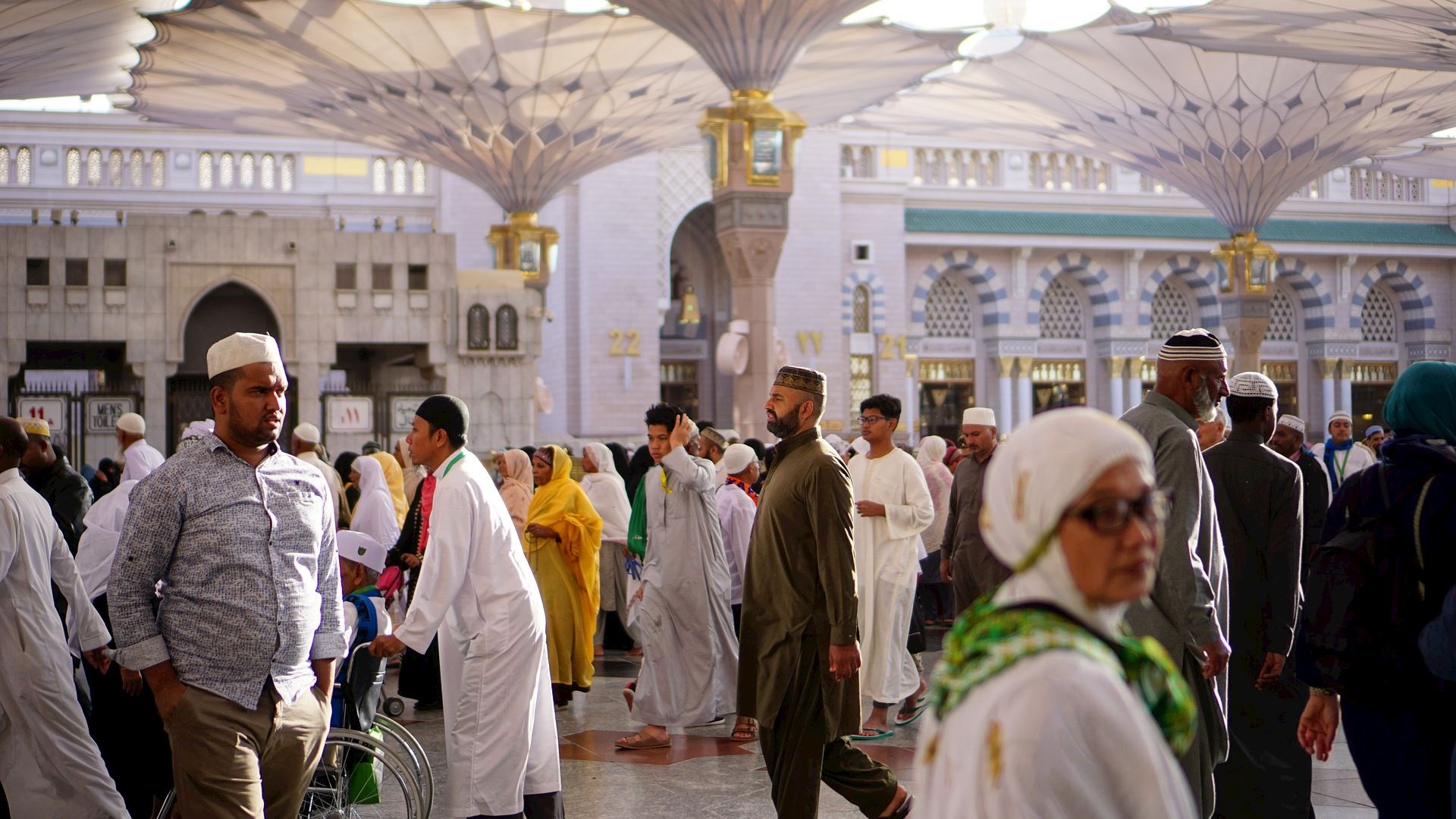
The Hajj pilgrimage includes several powerful rituals over five days:
- Ihram: Entering a sacred state and wearing plain white clothing
- Tawaf: Circling the Kaaba in Makkah
- Sa’i: Walking between the hills of Safa and Marwah
- Standing at Arafat: A day of repentance and du’a, considered the spiritual peak
- Muzdalifah and Mina: Collecting pebbles, sleeping under the sky
- Rami al-Jamarat: Stoning the symbolic pillars of evil
- Eid al-Adha and Animal Sacrifice: Commemorating the sacrifice of Ibrahim (AS)
Each step has deep spiritual and historical meaning, transforming the soul and connecting you with centuries of Islamic tradition.
How Many Days Is Hajj and What Happens in Mina?
Hajj takes place over five key days in Dhul Hijjah:
- 8th Dhul Hijjah (Day of Tarwiyah): Pilgrims enter the state of Ihram and head to Mina, where they spend the night in prayer and preparation.
- 9th Dhul Hijjah (Day of Arafah): Pilgrims gather at Arafat for the most important day of Hajj.
- 10th Dhul Hijjah (Eid al-Adha): Pilgrims perform the stoning at Jamarat, sacrifice an animal, and shave their heads or trim their hair.
- 11th–12th Dhul Hijjah: Continued stoning at Mina and staying overnight in the valley.
- 13th Dhul Hijjah (optional): Pilgrims may perform stoning for a third day.
Mina plays a critical role during these days. It is where pilgrims rest, reflect, and carry out the symbolic stoning of the devil at the three Jamarat pillars. It’s a time of remembrance, patience, and unity.
Ihram for Men: Rules and Meaning
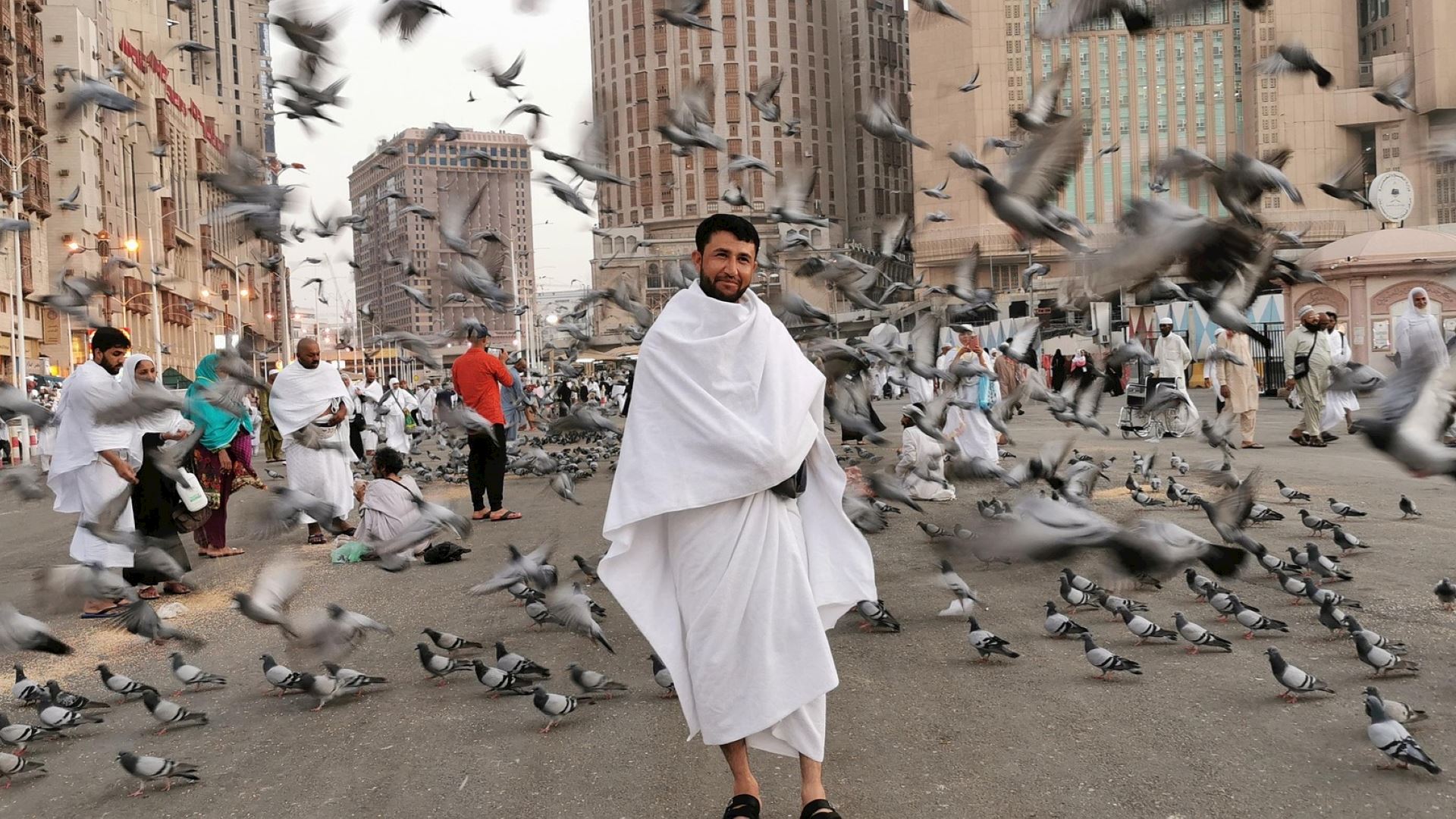
The state of Ihram is a sacred condition that Muslims must enter before beginning Hajj or Umrah. For men, this means wearing two unstitched white cloths one wrapped around the waist and the other draped over the shoulder.
Ihram rules for men include:
- No wearing sewn clothing or undergarments
- No perfumes or scented products
- No cutting nails or hair
- No marital relations or arguments
Entering Ihram reflects humility and equality, symbolizing a complete surrender to Allah (SWT). It marks the beginning of a spiritually focused journey where all worldly distinctions are stripped away.
These additions ensure you’re spiritually and physically ready to embark on Hajj with the right mindset and knowledge.
Who Is Required to Perform Hajj?
Hajj is obligatory for:
- Muslims who are mentally, physically, and financially able
- Adults (not required for children)
- Those with the means to travel safely and afford the journey
It is not required for those who are ill, elderly, or financially unable but it remains one of the most honored acts of worship for those who can go.
Can Women Perform Hajj Alone? Traditionally, women were required to travel with a mahram (a male guardian) to perform Hajj. However, many contemporary scholars and authorities, including in Saudi Arabia, now permit women to perform Hajj in the company of a trusted group or with other women.
If you’re unsure, consult with a local scholar or Hajj authority to confirm current guidelines. Above all, safety and sincerity are the guiding principles.
Hajj and the Global Muslim Community
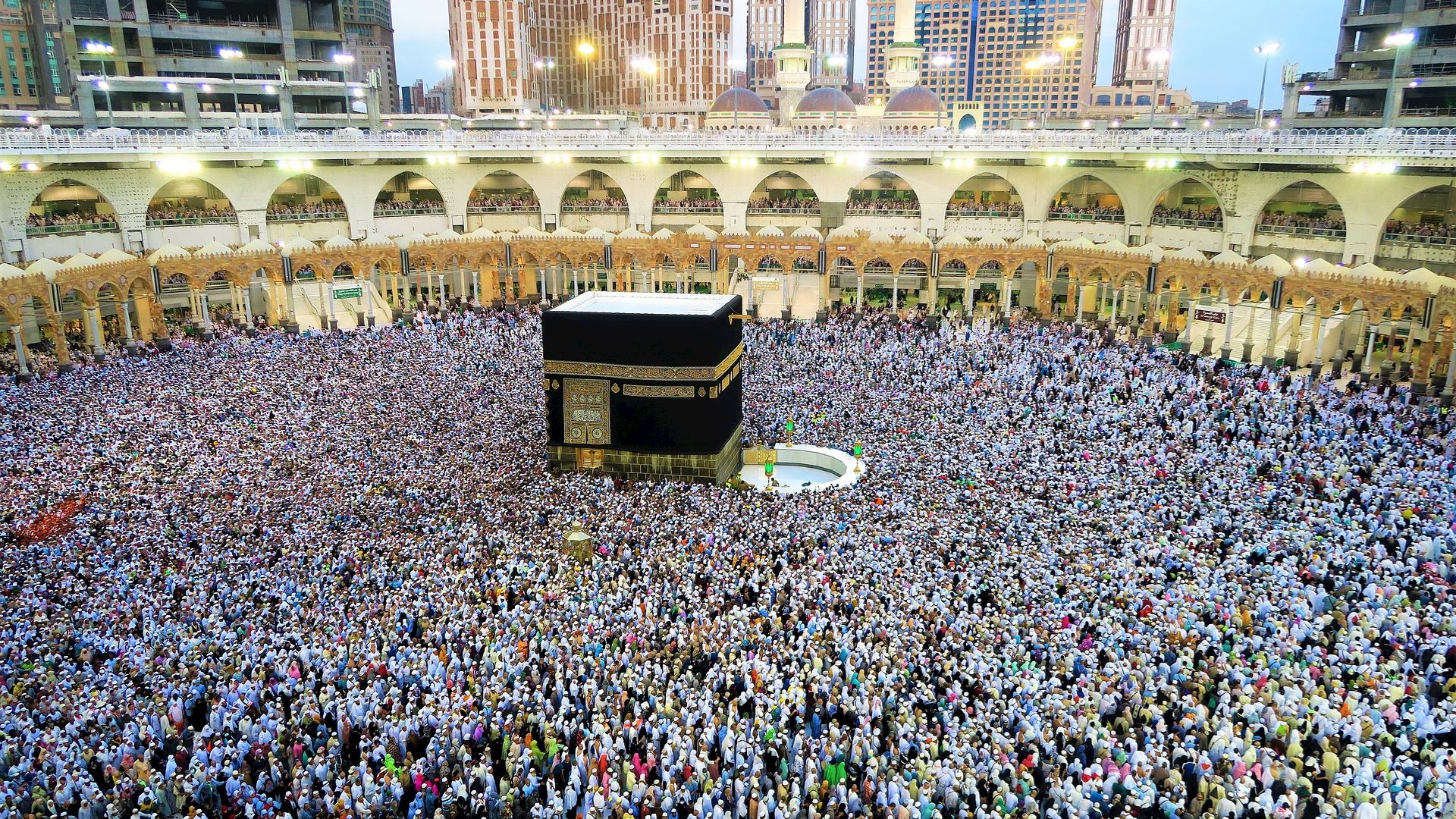
Every year, over 2 million Muslims gather in Makkah for Hajj. It’s the largest annual religious gathering in the world, representing unity, peace, and shared purpose.
This journey reminds us that we are one Ummah, diverse in culture, language, and experience, but united by faith.
How to Prepare for Hajj: Spiritual and Practical Tips
If you’re planning to go or want to be spiritually aligned with those performing Hajj:
- Learn the du’as and rituals ahead of time
- Seek forgiveness and purify your heart
- Give Sadaqah or Qurbani to build your intention
- Watch or read about the pilgrimage to spiritually connect
Hajj Is a Time of Giving: Support Those in Need This Dhul Hijjah
Even if you’re not going on Hajj, you can still be part of this sacred season. Muslim Hands USA carries out vital campaigns during Dhul Hijjah:
- 🕋 Give Qurbani/Udhiyah: Provide fresh meat to families in need during Eid al-Adha.
- 💧 Give Water: Build a well or water system as lasting Sadaqah Jariyah.
- 👶 Sponsor an Orphan: Honor this season by uplifting a child in need.
- 🌍 Where Most Needed: Let our teams direct your donation where help is most urgently required.
Final Reflection: A Sacred Journey with Eternal Reward
Hajj is a journey of faith, equality, and return. This is the moment when millions of hearts beat with the same hope; forgiveness, mercy, and nearness to Allah.
Whether you're preparing for Hajj or simply reflecting from home, may this sacred season inspire your spirit and multiply your reward.
“Whoever performs Hajj for the sake of Allah and does not utter any obscene speech or do any evil deed will return (after Hajj free from all sins) as he was on the day his mother gave birth to him.”
(Sahih Bukhari ,1521)
📌 Explore More This Dhul Hijjah







